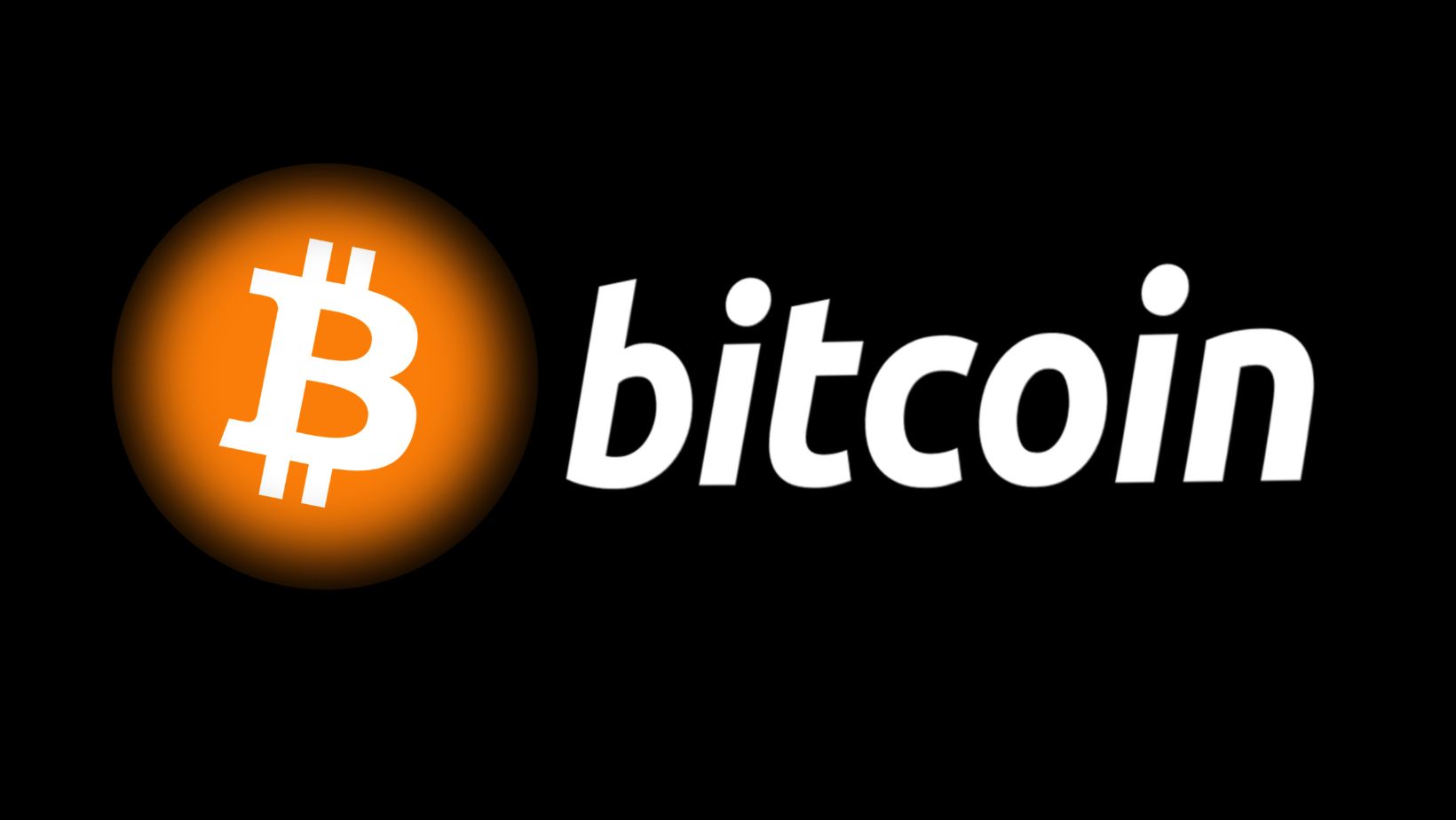As the digital revolution continues to reshape industries, one sector that is undergoing a significant transformation is banking. In recent years, the emergence of cryptocurrencies, particularly Bitcoin, has introduced new dynamics and opportunities to the financial landscape. In this article, we delve into the changing face of banking in the era of Bitcoin, exploring how this revolutionary digital currency is impacting traditional banking systems, services, and consumer behavior. Check out the impact of Bitcoin mining on the environment and climate and see how it contributes to various environmental issues.
Traditional Banking vs. Cryptocurrency: A Clash of Titans
Traditional Banking: The Pillar of Finance
For decades, traditional banking has been the cornerstone of financial systems worldwide. Offering a range of services from savings accounts to loans and investment products, traditional banks have established a trusted and regulated platform for individuals and businesses to manage their finances. The brick-and-mortar branches, ATMs, and personal interactions have been integral to the banking experience, fostering a sense of security and familiarity among customers.
Enter Bitcoin: A Disruptive Force
In contrast, the advent of Bitcoin and other cryptocurrencies has introduced a decentralized and borderless form of digital currency. Operated on blockchain technology, Bitcoin transactions are verified through a distributed network of computers, eliminating the need for intermediaries such as banks. The concept of financial sovereignty, where individuals have complete control over their funds without relying on traditional financial institutions, has been a driving force behind the growing adoption of cryptocurrencies.
The Impact on Banking Services and Consumer Behavior
Payments and Remittances

One of the areas where Bitcoin has left an indelible mark is cross-border payments and remittances. Traditional international money transfers can be time-consuming and expensive due to intermediaries and currency conversion fees. Bitcoin’s borderless nature allows for faster and cheaper cross-border transactions, making it an attractive option for global remittances.
Financial Inclusion
In many parts of the world, traditional banking services are inaccessible to a significant portion of the population. The advent of Bitcoin and digital wallets has opened doors to financial inclusion. Individuals without access to traditional banks can now participate in the global economy through their smartphones, gaining access to financial services and opportunities.
Banking Infrastructure
Bitcoin’s underlying technology, blockchain, has implications beyond just currency. Financial institutions are exploring the use of blockchain for various purposes, including improving transaction security, streamlining cross-border transactions, and reducing fraud. This has led to collaborations between traditional banks and blockchain startups to build a more efficient and transparent banking infrastructure.
Investment and Asset Diversification
Bitcoin’s meteoric rise in value has attracted the attention of investors seeking alternative assets. While traditional banking offers investment options such as stocks and bonds, Bitcoin presents a new avenue for diversification. However, the volatile nature of cryptocurrencies also introduces a higher level of risk, prompting regulators to monitor and adapt to the evolving investment landscape.
The Regulatory Landscape and Future Outlook
Regulatory Challenges
The integration of Bitcoin into the banking ecosystem has not been without challenges. Regulatory bodies around the world are grappling with how to oversee and regulate cryptocurrencies to ensure consumer protection, prevent money laundering, and maintain financial stability. Striking the right balance between innovation and regulation remains an ongoing endeavor.
Collaboration and Adaptation

Rather than viewing cryptocurrencies as a threat, many forward-thinking banks are embracing the potential of blockchain technology and digital currencies. Collaborations between traditional financial institutions and fintech startups are becoming more common, resulting in innovative products and services that merge the best of both worlds.
Conclusion
In conclusion, the rise of Bitcoin and other cryptocurrencies has ushered in a new era for banking. While traditional banking institutions remain crucial pillars of finance, the digital disruption brought by Bitcoin has forced them to adapt, collaborate, and innovate. The impact of Bitcoin on payments, financial inclusion, investment, and the overall banking infrastructure cannot be ignored. As we move forward, both traditional banks and emerging fintech players need to find common ground and navigate the evolving landscape together. As the world becomes increasingly interconnected and technology-driven, the lines between traditional banking and cryptocurrencies are blurring, giving rise to a more inclusive and accessible financial ecosystem. The journey has just begun, and only time will reveal the full extent of the transformation that Bitcoin and its counterparts will bring to the world of banking.


